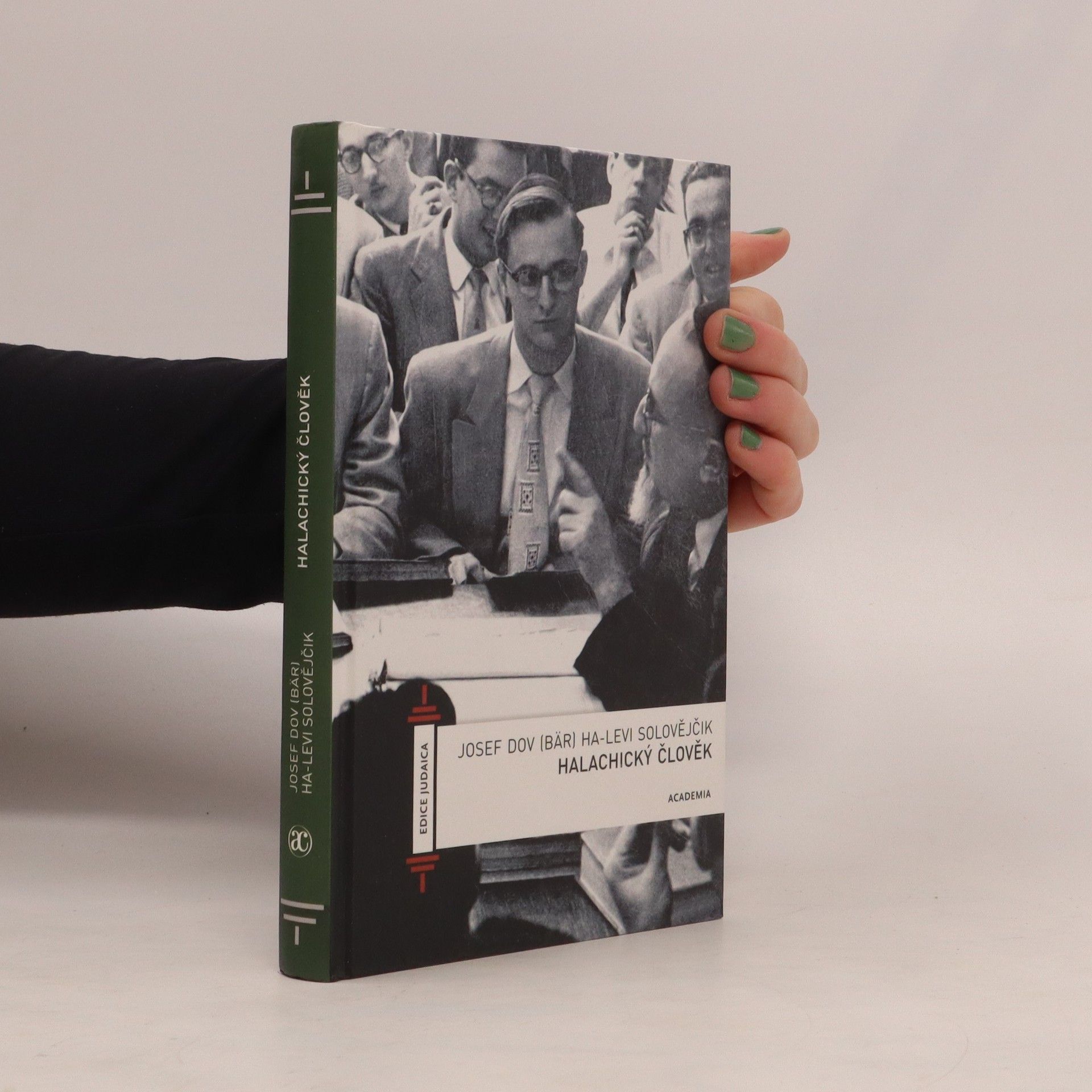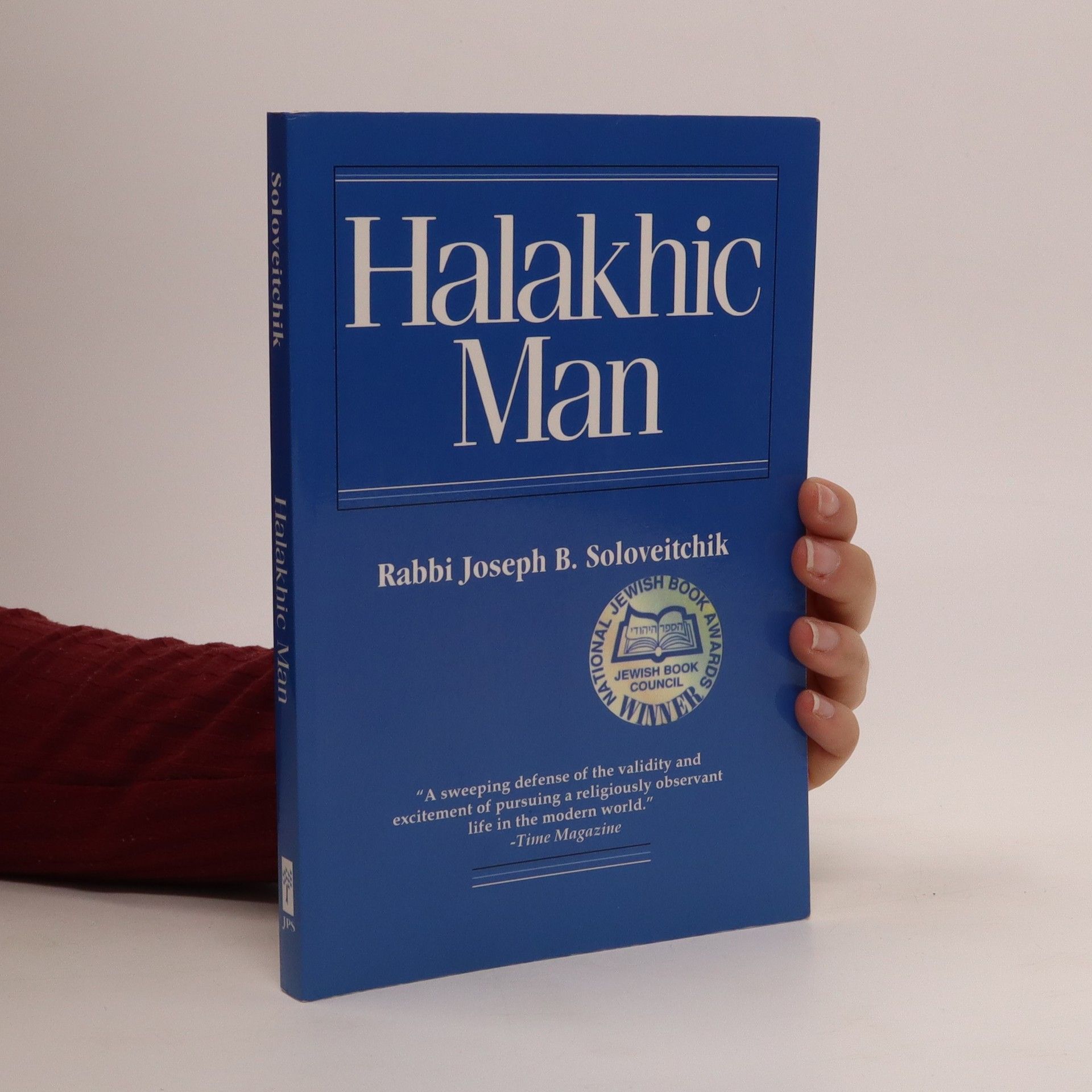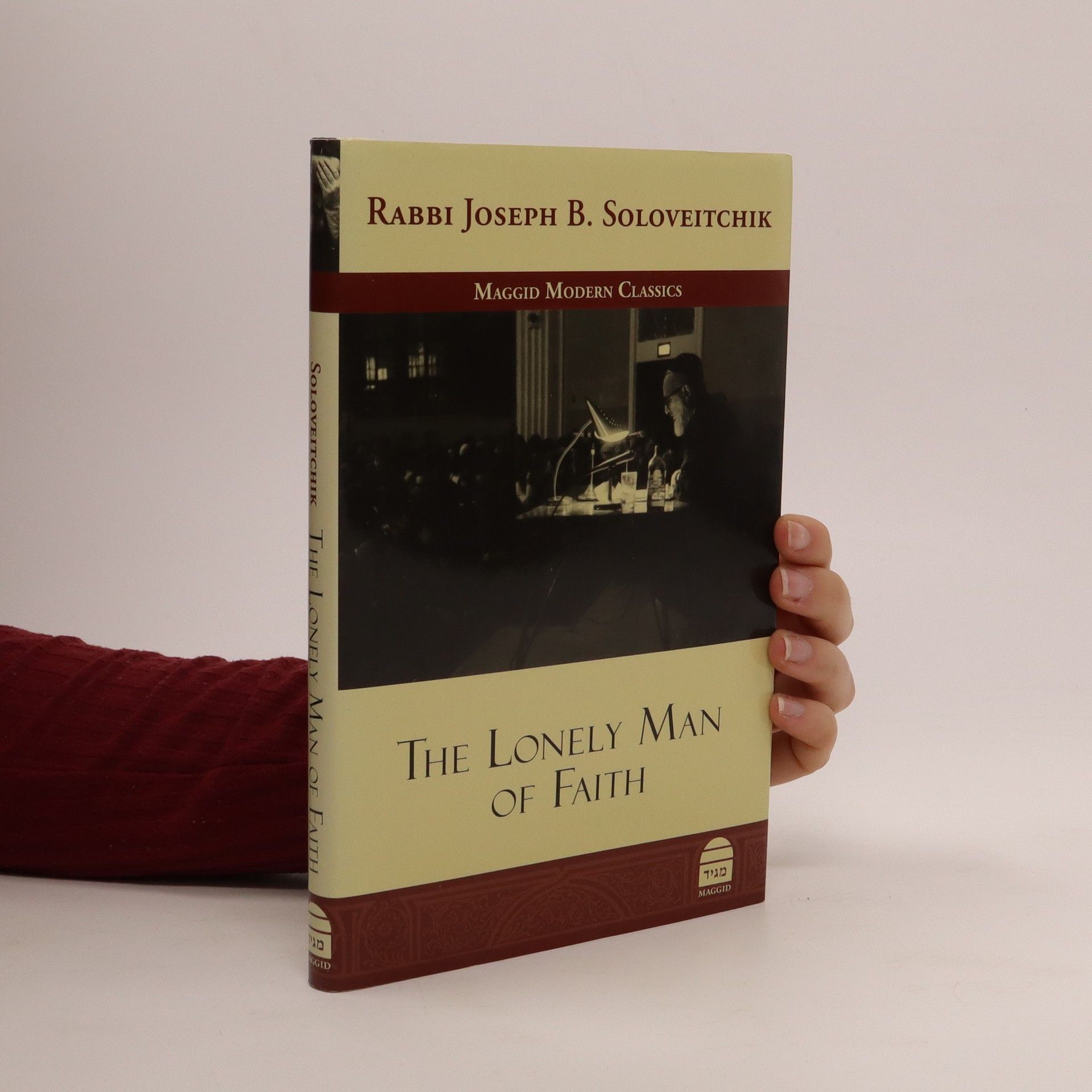The Lonely Man of Faith
- 111pages
- 4 heures de lecture
The Lonely Man of Faith is a timeless philosophical essay by one of the twentieth century's greatest Jewish philosophers, Talmudic scholars, and religious leaders, Rabbi Joseph B. Soloveitchik. In this classic work, Rabbi Soloveitchik probes the inner experiences of those who seek both redemptive closeness with God and creative engagement with the world. With characteristic brilliance and eloquence, he delineates the struggle of people of faith to navigate between seemingly contradictory aspects of the human condition: the spiritual and the material, the religious and the scientific, the covenantal and the majestic. Highlights of this newly revised edition of The Lonely Man of Faith include: Transliterations and translations of the Hebrew, fully sourced references, restoration of the original chapter divisions and a new introduction by Rabbi Reuven Ziegler.



